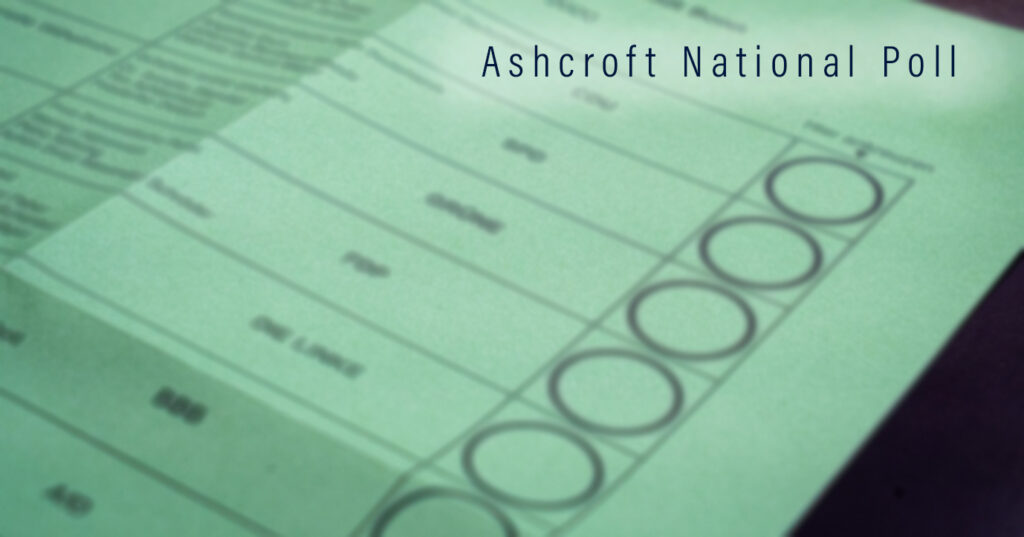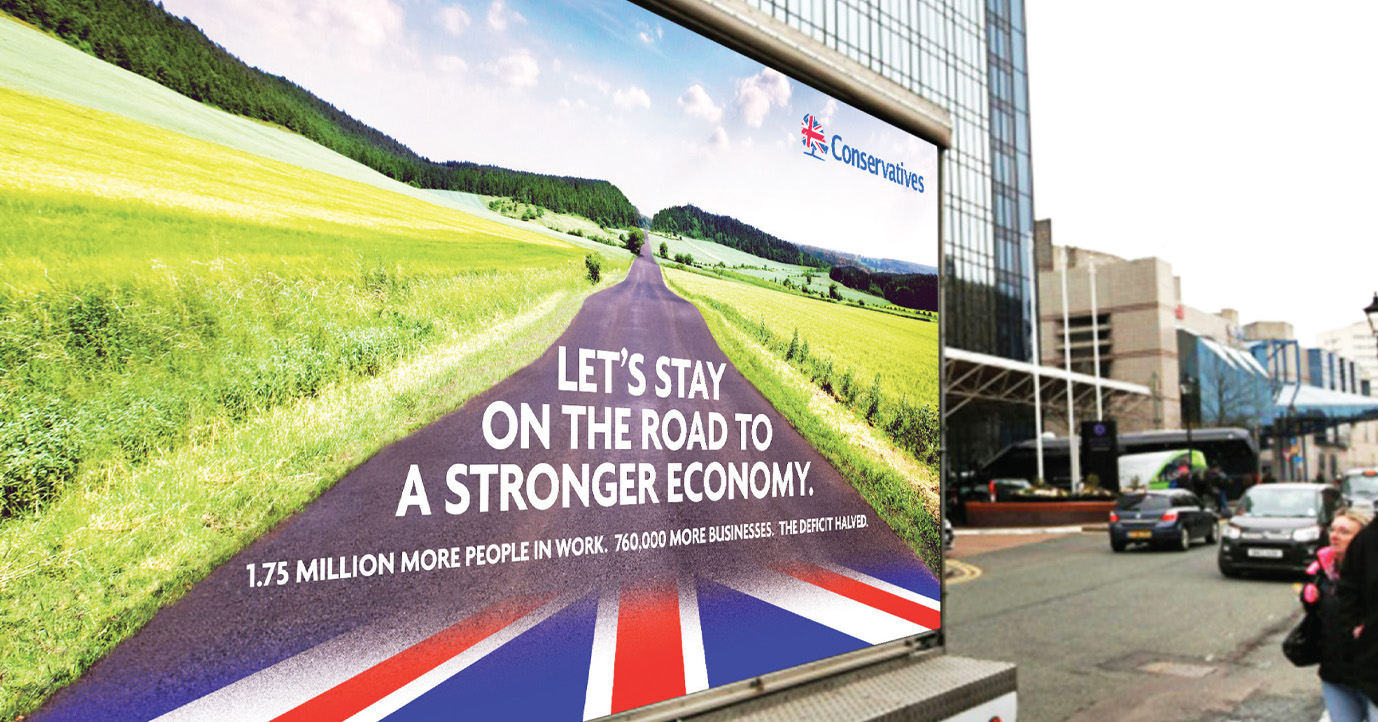
The Conservatives hold onto their one-point lead over Labour in this week’s Ashcroft National Poll, conducted over the past weekend. Vote shares for the four biggest parties remain unchanged since last week, with the Tories on 30%, Labour on 29%, UKIP on 16% and the Liberal Democrats holding on to their 10%, a result which party president Tim Farron joked was causing champagne corks to pop at Lib Dem HQ last week. The Greens are up one point at 7% and the SNP down one at 4%.
Voters’ estimation of Labour has fallen across the board since I last asked about the parties’ attributes in June. The biggest change was the proportion saying Labour were “a united party”, down eight points to 27%. This is perhaps not surprising given recent headlines about Ed Miliband’s leadership, but the Conservatives are only just ahead on this measure, with 30% saying the Tories are united – a fall of 4 points since the summer. UKIP were ahead on this score, though with only one prominent figure it would be hard to contrive not to be.
There was little change in perceptions of the Tories, but the Labour decline resulted in bigger Conservative leads or smaller Labour leads in all areas. The Conservatives were also ahead on having “clear ideas to deal with Britain’s problems” by 40% to 32%, being “competent and capable” (by 40% to 31%), and “willing to take tough decisions for the long term” (by 49% to 35%).
Labour remained well ahead on standing for “fairness” (by 47% to 34%), having their “heart in the right place” (by 48% to 37%), being “on the side of people like me” (by 40% to 32%). But their leads were down to four points on being “honest and principled” (35% to 31%) and three points on being a party that “share my values” (37% to 34%).
A majority of all voters (56%) thought UKIP “says things that need to be said that other parties are scared to say”, but less than half this number considered the party “reasonable and sensible” (26%) – a measure on which the Tories had the edge, at 44%.
The final question this week found that 23% of voters would be happy to see the Conservatives in government after the next election and happy to see David Cameron staying as PM, while 16% said they would be happy to see a Labour government and happy to see Ed Miliband take over in Downing Street. However, this question is not designed to measure the overall preference of government, as I regularly do in my battleground research, but to explore the role of the leaders’ in people’s decisions.
Overall, voters were more likely (and swing voters twice as likely) to say they would rather have Cameron as PM even if it means the Tories staying in government than vice versa. In other words, Cameron was more likely to be seen as the upside of a Tory government (or a Tory government the downside of a Cameron premiership) than the other way round.
The reverse was true for Labour. People were twice as likely (and Labour voters three times as likely) to say they would rather have Labour in government even if it means Miliband becoming PM than they were to say the opposite. Only 7% said they “would rather have Ed Miliband as PM than David Cameron, even if it means having Labour in government.”
As I have observed before when looking at leadership questions, though many will vote Conservative because of Cameron, it is also true that many will vote Labour despite Miliband. It would probably be going too far to say that Miliband threatens to cost his party the election, since on current polling he would still be Prime Minister – but it remains the case that one party’s leader is an asset, and the other’s is a drag.


